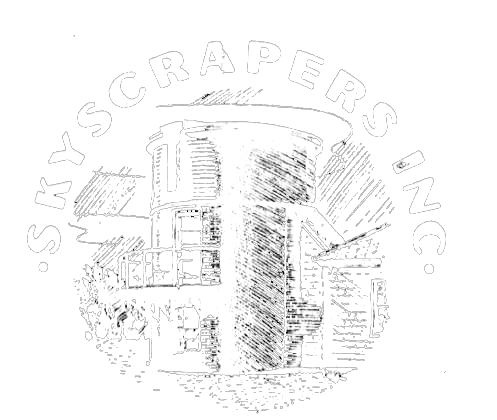March 2015
March 2015 President's Message
By Bob HortonThis has been the snowiest winter I can recall since experiencing the blizzard of 1978. Cold temperatures, and snowstorm after snowstorm have really piled up the snow to record depths. Unfortunately, this has meant that Seagrave Observatory has remained closed throughout the winter, and we will have to wait some time yet for all of this snow to melt before we can meet up again at the observatory.
The good news is that spring will be here soon, arriving on March 20th. While it may seem doubtful that all of the snow will be gone by then, we will be definitely getting closer to that time when we can get together at Seagrave Observatory, welcomed by the chorus of Peeptoads singing in the pond nearby. For many of us, when we hear that sound, then we truly know that spring has arrived.
At recent meetings of the Board of Directors, we have been discussing what activities we should plan for the spring. A number of members expressed that we should help beginners more, providing guidance in exploring the hobby of stargazing with more basic programs to suit that need. I have to agree that this is something that is often overlooked.
Although our membership has grown over the last several years, there has been a trend in seeing people join for the first time, only to not renew their membership the following year. I think Skyscrapers has a lot to offer, both in the astronomical expertise of many of our members, and the facilities and equipment available to our membership. But it is likely that the focus of our activities and the programs we have been offering has been more beneficial to our more experienced members, and not the beginners.
The discussion concerning these matters led to some great ideas from a number of you, and it was wonderful to hear that so many of you willing to offer running workshops geared towards those looking for help getting started in this wonderful hobby.
Francine Jackson has agreed to lead the effort to coordinate a series of weekly workshops that will begin on May 2nd. The topics will include identifying constellations, how to use a telescope, eyepiece selection, basic astrophotography using smart phones and digital cameras, observing deep sky objects, planetary observing, and much more. We also plan to offer some more advanced workshops, too, such as CCD imaging and image processing, and spectroscopy.
These workshops will be offered on Saturdays, about an hour or two before we open to the public. Many of these workshops will be offered whether the sky is clear or not. We will have a schedule ready for the next newsletter. If you can think of a topic you would like covered, please let me know. I hope that many of you will enjoy attending these workshops, both to learn something new, but also for the fun of spending time with your fellow stargazers.




